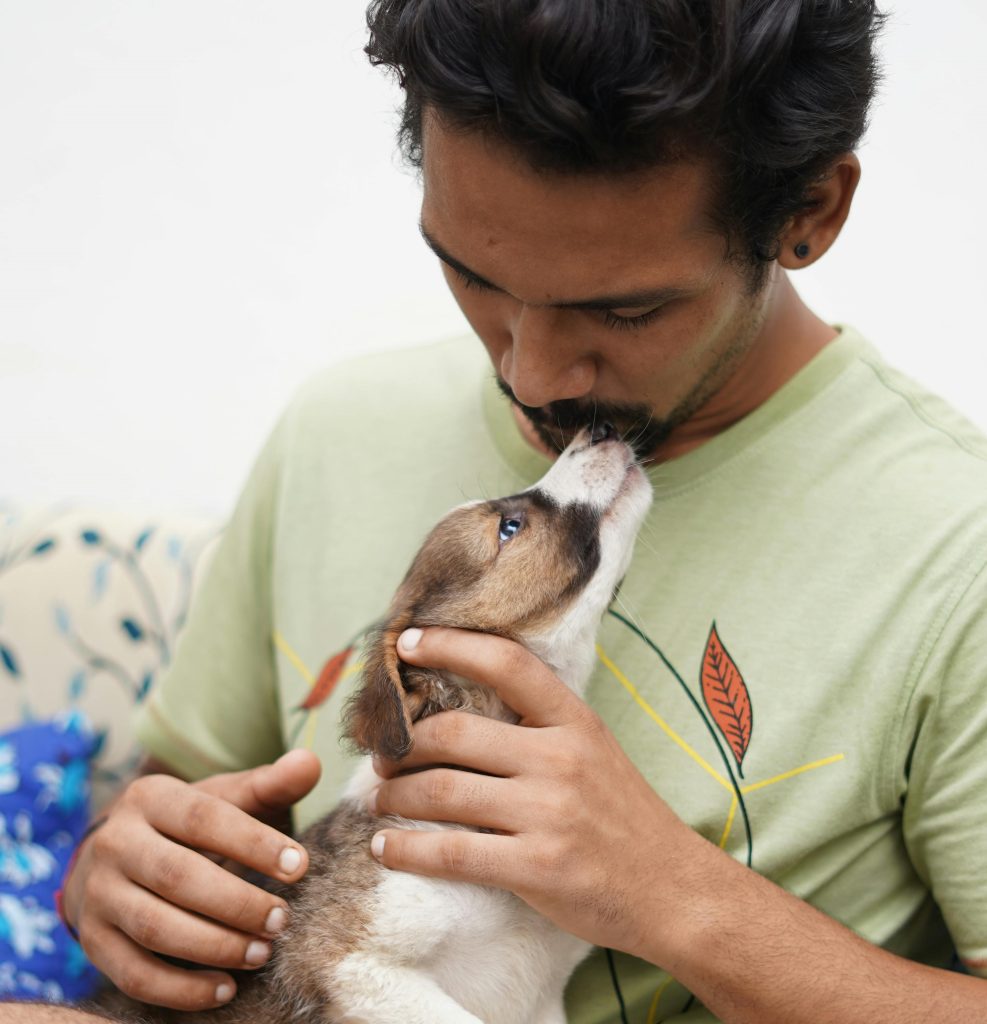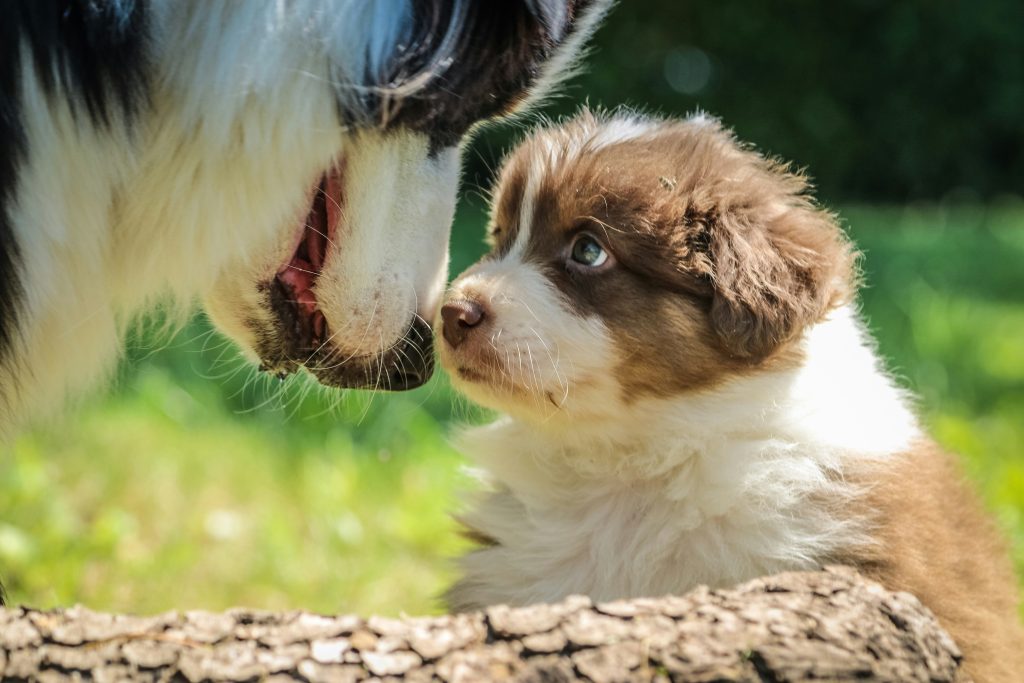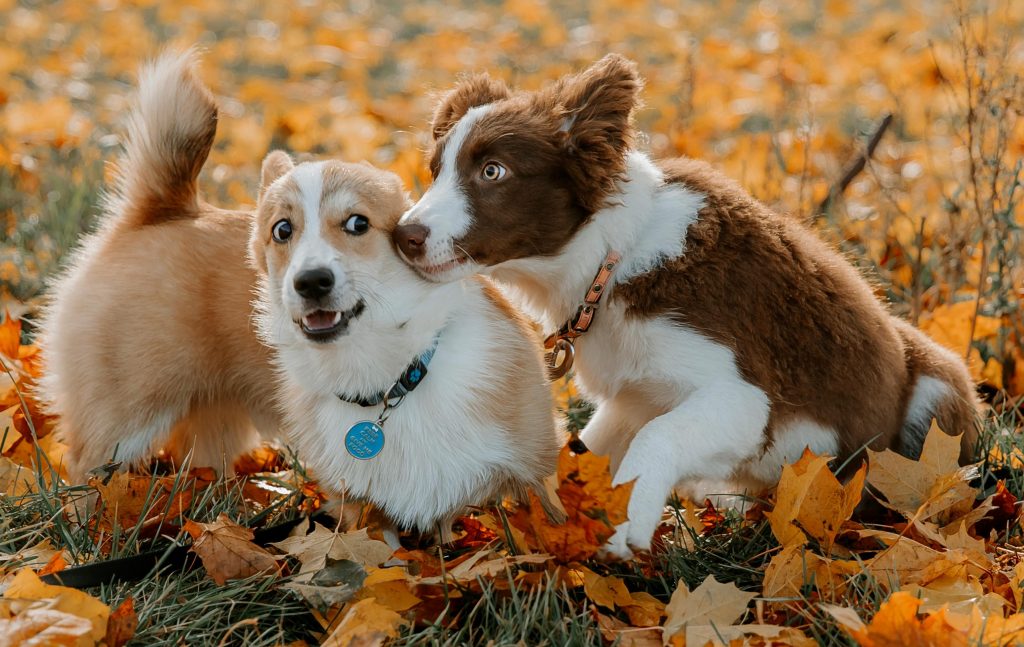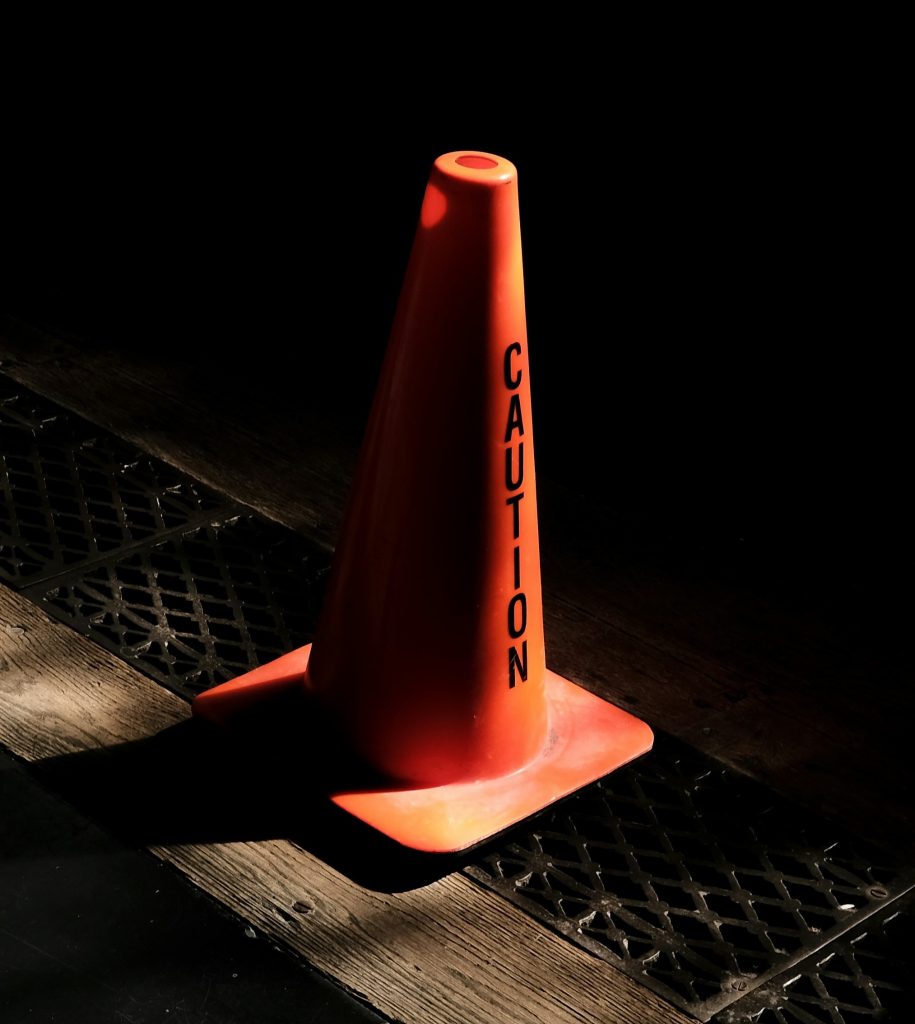
Welcoming a new puppy into your home is an exciting and rewarding experience. However, beyond providing food, shelter, and love, there’s another crucial aspect of puppy care that often goes overlooked: socialization. This critical process plays a significant role in shaping a puppy’s future behavior and temperament, ultimately influencing their overall well-being and the bond they form with their human family.
Understanding Puppy Socialization:
Puppy socialization is not just about teaching basic commands or potty training; it’s about exposing young dogs to a wide array of experiences, environments, people, and other animals during their early developmental stages. This period, typically between 3 weeks and 4 months of age, is a sensitive and impressionable time when puppies are highly receptive to new stimuli.
Why is Puppy Socialization Important?
Proper socialization is essential for helping puppies become well-adjusted, confident, and friendly adult dogs. By introducing them to different sights, sounds, smells, and sensations in a positive and controlled manner, we can prevent fearfulness, anxiety, and aggression later in life. A well-socialized puppy is more likely to approach new situations with curiosity rather than fear, making them better equipped to handle the challenges of the world around them.
Key Benefits of Puppy Socialization:

Fear Prevention: Exposing puppies to various stimuli at a young age helps desensitize them to potential sources of fear, such as loud noises, unfamiliar objects, or unfamiliar people. This reduces the likelihood of developing phobias or anxiety-related behaviors in adulthood.
Confidence Building: Positive socialization experiences build a puppy’s confidence and resilience, enabling them to navigate new environments with ease and adaptability. A confident dog is more likely to engage positively with their surroundings and interact positively with other animals and people.
Prevention of Aggression: Properly socialized puppies learn appropriate social skills and communication cues, reducing the likelihood of developing aggressive behaviors towards other dogs or humans. Early exposure to friendly interactions with people and animals teaches them how to communicate effectively and peacefully.
Strengthening the Human-Canine Bond: Socialization isn’t just about exposing puppies to external stimuli—it’s also about strengthening the bond between puppies and their owners. Through positive socialization experiences, puppies learn to trust and rely on their human caregivers, fostering a deeper connection and mutual understanding.
How to Socialize Your Puppy:

Start Early: Begin socialization as soon as you bring your puppy home, ideally between 3 and 12 weeks of age when they are most receptive to new experiences.
Gradual Exposure: Introduce your puppy to new people, places, and experiences gradually, ensuring they feel safe and comfortable throughout the process.
Positive Reinforcement: Use treats, praise, and rewards to reinforce positive behaviors during socialization outings. This creates positive associations with new experiences and encourages your puppy to seek out new adventures.

Safety First: Always prioritize your puppy’s safety during socialization outings, and never force them into situations that make them uncomfortable or fearful.
Puppy socialization is a critical aspect of responsible dog ownership that should not be overlooked. By exposing young dogs to a variety of experiences in a positive and controlled manner, we can help them develop into well-adjusted, confident, and friendly companions. Investing time and effort into socializing your puppy during their early developmental stages lays the foundation for a lifetime of happiness and harmony between you and your furry friend.